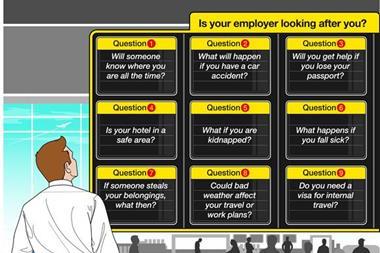Companies and governments need to change their approach to mental illness to prevent the issue from getting worse, says OECD

More and more workers are suffering from mental illness and employers are increasingly struggling to cope, an OECD report found.
One in five workers is suffering from mental illness, such as depression or anxiety, the report revealed.
Mental illness in the workplace leads to more frequent absences and reduced productivity. At the same time, people with mental disorders are about three times more likely to be unemployed than mentally stabile people.
If no initiatives are being taken to change how mental illness is being dealt with, the years ahead could see a significant rise in mental health problems, the OECD warned. Workers are exposed to much more work related stress, especially in the face of the current economic climate that is increasing job insecurity.
To prevent this from happening and to mitigate the economic loss created through high unemployment, early intervention is key, the OECD reported.
Half of all mental disorders start in adolescence and the disability benefit system in most countries allows for an early entry, before the person claiming has spent much time in the workforce.
“This means that the population claiming disability benefits is getting younger in most countries. Once dependent on such benefit, it becomes difficult to relinquish it,” the OECD said in a press statement.
To help sufferers, the OECD suggested changing working conditions to reduce and better manage stress as well as a systematic monitoring of sick leave behaviour and to avoid preventable discharges caused by mental health problems.
A further problem is the lack of adequate treatment of mental illnesses. Today, almost 50% of those with a severe mental disorder and over 70%of those with a moderate mental disorder do not receive any treatment for their illness.




















No comments yet